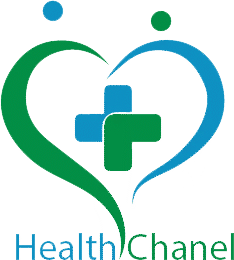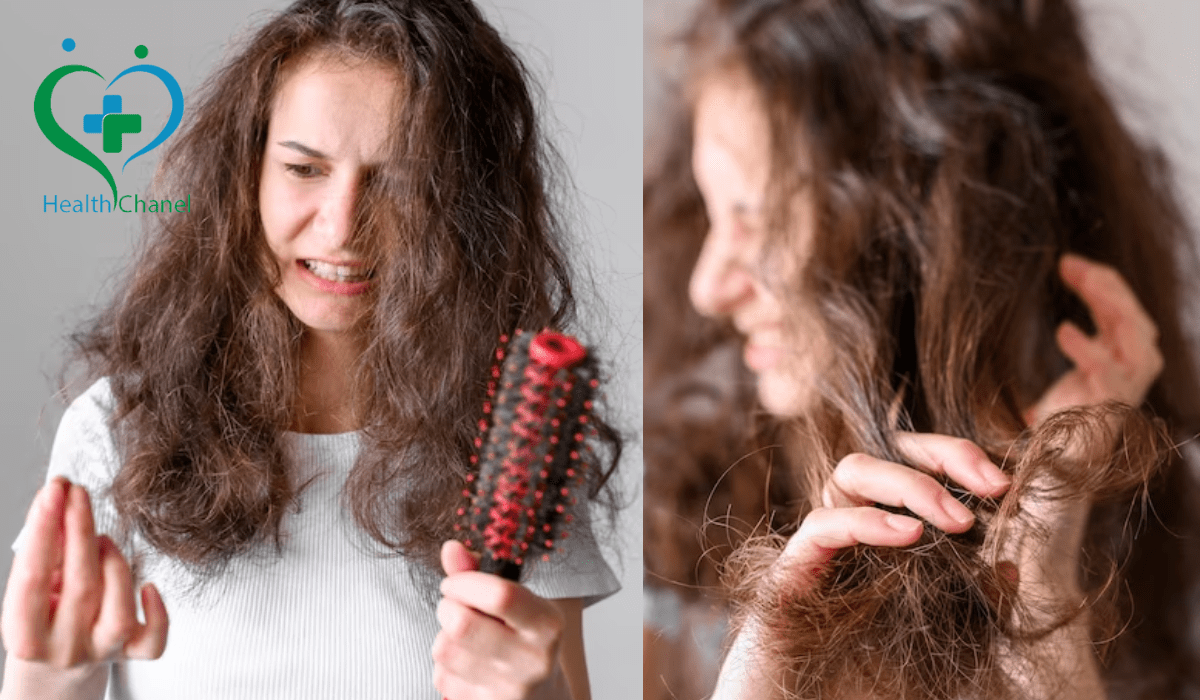After giving birth, new mothers often face an unexpected challenge: hair loss. If you’re noticing that your hair is falling out after pregnancy or experiencing significant shedding, it’s not just in your head—this is a common postpartum issue. Many women are surprised by how much hair they lose after delivery, but the good news is that this is usually temporary. Understanding the causes of postpartum hair loss, the role breastfeeding plays, and how to manage the condition can help ease your worries and support your recovery. Let’s dive into the reasons behind postpartum hair loss, effective treatments, and how long it might last.
What Causes Postpartum Hair Loss?
Postpartum hair loss, also known as postpartum shedding, is a natural part of the recovery process. During pregnancy, high levels of estrogen help keep hair in the growth phase, leading to thicker, fuller hair. However, after giving birth, estrogen levels drop, and the hair that was in the growth phase starts to shed. This can result in noticeable thinning and hair fall, typically around 3 to 4 months after delivery.
Hormonal fluctuations are the main reason behind hair loss after pregnancy. These changes can affect the hair’s growth cycle, leading to shedding. If you’re experiencing hair loss 3 months postpartum or around 4 months postpartum hair loss, this is a normal stage in your body’s adjustment to life after delivery.

How Long Does Postpartum Hair Loss Last?
One of the most common questions many new moms have is, “How long will postpartum hair loss last?” While the timing can vary from person to person, postpartum hair loss typically starts around 3 to 4 months after delivery and may last for about 6 to 12 months. For some women, hair will return to normal by 1 year postpartum, while for others, it may take up to 2 years.
If you’re still dealing with hair loss 1 year postpartum or even 2 years later, don’t panic. For many women, the shedding resolves on its own over time. However, if hair loss persists or worsens, it may be worth seeking advice from a dermatologist or healthcare provider to ensure there are no other underlying causes.
Postpartum Hair Loss and Breastfeeding
Another significant factor in postpartum hair loss is breastfeeding. While breastfeeding, your body continues to undergo hormonal changes that can contribute to hair shedding. If you’re wondering if breastfeeding and hair loss are connected, the answer is yes—breastfeeding can prolong hair loss because of the hormonal shifts that occur in your body.
Hair loss during breastfeeding, also referred to as hair loss while breastfeeding, is common. Just like the general postpartum shedding, hair loss during breastfeeding is temporary. Many women experience hair loss 3 to 6 months postpartum, especially if they are breastfeeding. The good news is that once you finish breastfeeding or as your body stabilizes hormonally, your hair should gradually return to its normal cycle.

Dealing with Postpartum Hair Fall: Solutions and Treatments
While postpartum shedding is generally temporary, it can still be frustrating to deal with hair loss while caring for a newborn. Here are some postpartum hair fall solutions that can help manage and even reduce hair loss:
- Proper Nutrition: Ensure you’re getting enough essential vitamins and minerals to support hair health. Biotin, vitamin D, iron, and zinc are particularly important for hair growth. Taking a post pregnancy hair treatment supplement can help replenish any nutrients that might be lacking due to pregnancy and breastfeeding.
- Gentle Hair Care: Avoid harsh hair treatments or tight hairstyles that can further damage fragile hair. Use a gentle shampoo and conditioner, and consider an itchy scalp postpartum shampoo to soothe your scalp if you’re dealing with irritation.
- Scalp Massage: Gently massaging your scalp can improve blood circulation to the hair follicles, encouraging hair growth.
- Hair Restoration Treatments: For severe cases, consider professional treatments like laser therapy or platelet-rich plasma (PRP) therapy, which can stimulate hair regrowth. These treatments can be discussed with a dermatologist or hair specialist.
- Hair Growth Shampoos: Opt for shampoos that are designed to support hair growth. Look for formulas that contain natural ingredients like biotin, caffeine, and other hair-boosting compounds.
When to Worry: Persistent Postpartum Hair Loss
Most women will notice that hair regrowth starts after about 6 to 12 months, with some seeing improvements even sooner. However, if you’re still experiencing massive hair loss after pregnancy even a year later, it may be time to consider additional factors. A postpartum receding hairline can sometimes be a sign of an underlying condition, or other factors like thyroid imbalances, nutritional deficiencies, or stress can prolong hair loss.
It’s important to note that after delivery, hair fall is normal, but if the hair loss seems extreme or if you’re seeing thinning in areas you hadn’t noticed before, such as the temples or crown of your head, it could be worth seeking further medical advice. Postpartum hair loss 2 years later is rare but possible, and persistent hair loss may require professional intervention.
Conclusion
Postpartum hair loss is a natural part of recovery after pregnancy, and while it can be distressing, it’s typically temporary. Whether you’re dealing with hair loss 3 months postpartum or massive hair loss after pregnancy, be patient with your body as it adjusts. For many women, hair growth returns to normal within 12 months, but in some cases, it can take longer.
Remember that postpartum hair loss is not permanent, and there are steps you can take, such as improving your nutrition and using gentle hair care products, to support healthy hair regrowth. If you’re still concerned about your hair after one year postpartum or if you notice significant thinning, it’s always a good idea to consult with a healthcare professional.

